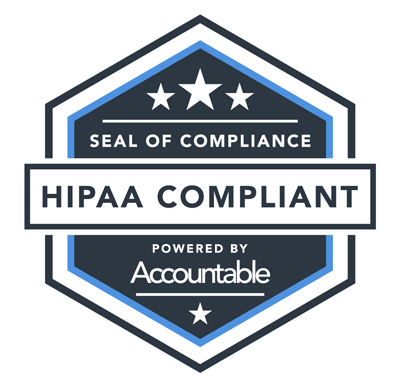Structured settlements offer significant benefits to all parties involved in personal injury litigation. Here are ten reasons why they are particularly valuable to Plaintiffs’ Counsel. Structures enable you to:
#1 PROTECT your client from exhausting the settlement money.
Insurance industry statistics show that applicants prematurely spend lump sum proceeds meant to last a lifetime: 25-30% dissipate all proceeds within two months, 57% dissipate all proceeds within 3 years, and 90% dissipate all proceeds within 5 years.
#2 CREATE secure, predictable income for your client.
Like a personal pension plan, structures allow for the amount, type and timing of payments to be secured and scheduled. COLA and joint and survivor features ensure a lifetime of predictable income.
#3 INSULATE your client from creditors.
Because a structure is a policy and not an asset, claimants can avoid probate and can often protect settlement proceeds from creditors arising from judgments, divorces and bankruptcy.
#4 MAINTAIN needs-based entitlement eligibility.
Especially when combined with special needs trusts, structures help maintain eligibility and maximize the value of needs-based entitlements like Medicaid, AFDC and SSI.
#5 LEVERAGE a “Replenishing MSA.”
Liability LMSA’s and workers’ compensation MSA’s funded by structures are eligible for CMS contributions for shortfalls in funding for related but unexpected medical costs.
#6 STRETCH the value of the settlement or award.
If the ultimate settlement or award is lower than your initial estimate or your client’s expectations, a structure can create a significantly higher tax-free payout, and provide other significant benefits that will maximize the value of the settlement.
#7 MITIGATE future liability.
Constructive receipt of lump sum settlement proceeds eliminates the tax-free benefit of structures (Sections 104(a) (2) and 130 of the IRC & 42 U.S.C. § 1396p(d)(4) (A)) and may extinguish eligibility of needs-based benefits like SSI and Medicaid. Lump sum settlement proceeds may also be subject to judgments, divorces, bankruptcy and other creditors in a way that a combination of structured settlements and special needs trusts typically obviates. Failure to notify your client of the opportunity to leverage the value of a structured settlement may cause irreparable harm to your client and may give rise to future liability for you as counsel.
#8 HONOR your affirmative duty.
Even if you are not concerned about future liability, Model Rules of Professional Conduct Rules 1.2, 1.3, 1.4 and commentary to 2.1 require counsel to ensure that their clients make informed decisions on any aspect of a suit that may adversely impact their interests. With all the tax-free, judgment-averse, entitlement-friendly features of a structure and the irreparable harm that might occur if not considered prior to settlement, it is reasonable to consider notice of the structure and its value as an affirmative duty on the Model Rules.
#9 STRUCTURE and safeguard your fee.
Many of the same financial planning benefits available to your clients can be taken advantage of by counsels as well. While these future annuity payments are tax-deferred, not tax-free, they can make a significant impact on current and future tax planning. Now that several highly rated annuity providers have domestic assignment companies, there is no need to risk your funds or incur future IRS or tax complications for going through offshore accounts.
#10 OFFER ChronovoCareTM to your client and save.
We can offer you and your client the only 3-in-1 medical savings card in the marketplace. You and your clients can save up to 80% on prescriptions, 60% on surgeries and procedures, and 49% on medical equipment—plus the freedom to choose a preferred pharmacy or provider. There are no fees, restrictions, or networks with ChronovoCare. Just savings.



